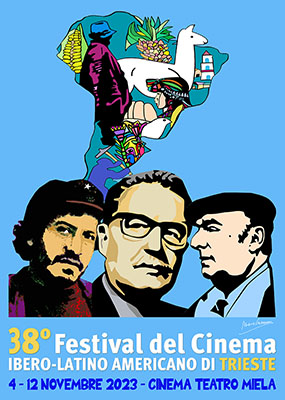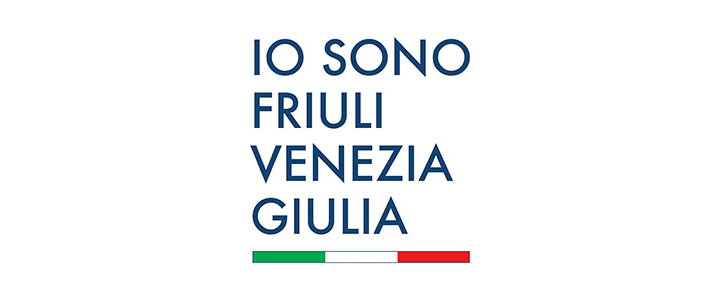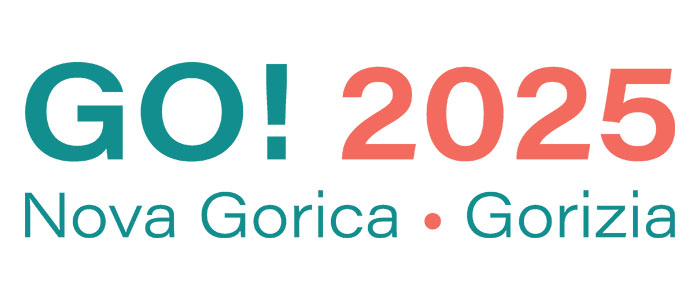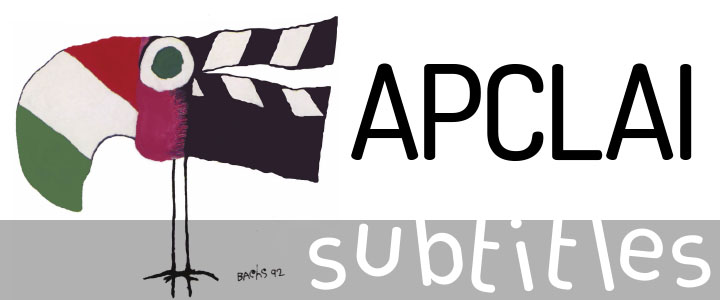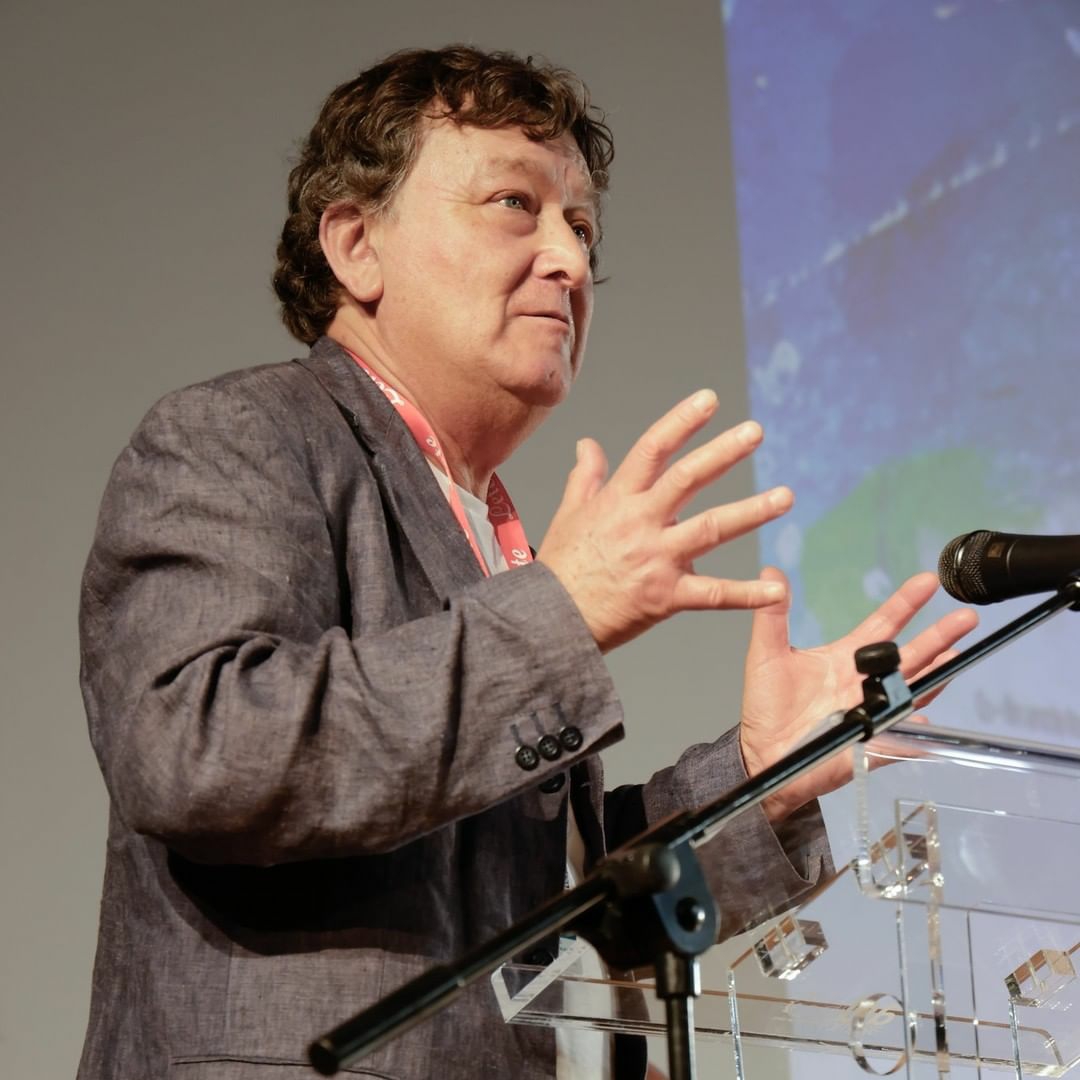
Rodrigo Díaz (Artistic Director)
The program we present in this edition of the Festival shows us as never before that Latin American cinematography is a very difficult entelechy to ignore, especially if we compare it on this occasion with a retrospective (Alvaro Covacevich) of works made in the 1960s and 1970s. Add to this the myriad variations in the production sphere, the heterogeneity of styles and forms of expression. All in scenarios that, as much as they may live in and have a common history, inevitably change from country to country, which makes it very difficult to take an overall view. Genres, themes, aesthetics, sensibilities, and trends of an extraordinary variety that we try to present in Trieste every year to at least prevent the stigma from remaining unchanged in Italy and Europe, as if everyone has the right to change except Latin Americans.
What we do not give up is the contextualization of the Trieste event in relation to the past and present. For this purpose, memory retrieval is a primordial "intellectual exercise" in the development of each year's program. And not only because we conceive the festival as an informative/educational event, a way of rebuilding or strengthening bridges across the Atlantic with a world closely linked to Italy throughout history. This also fulfills an essential purpose: to re-present the memory, the distant and recent history that has determined the course of development and evolution of each Latin American community. And cinema is definitely the most formidable tool, to recover the recent past and educate, affirm history and fight denialism. The example of Argentine cinema whose two Oscars ("La Historia Oficial" and "El secreto de sus ojos") deal precisely with dramatic issues that marked the South American country's recent past should suffice to demonstrate the extraordinary effectiveness of cinema in redeeming memory and educating new generations.
For these reasons we are dedicating a section this year to the Chilean tragedy, 50 years after the Coup d'état and the death of President Salvador Allende and with him of the longest-lived democracy in Iberoamerica. "Allende: 50 años después" is a broad overview (20 works) that addresses a large number of themes that have been the subject of extraordinary works by filmmakers, not only Chilean. The barbarity generated by hatred, the human rights violated daily for nearly 18 years, the cruelty of exile, the inhumane neoliberal economic design, the massive protests brutally repressed, the extraordinary international solidarity, the figure and dimension of Salvador Allende, the noble and generous role of the Catholic Church... these are some of the themes proposed by the selected works, after viewing more than 100 films.
This same section also includes the retrospective dedicated to Alvaro Covacevich, one of the last personal friends in-life of President Allende. Covacevich's works include "The Odyssey of the Andes", the only documentary made about the aviation disaster that befell the Uruguay’s rugby team in 1972 and for which there is still no scientific explanation to understand how 16 people managed to survive for 72 days in totally prohibitive weather conditions. The film book of this extraordinary historical document was written by the Nobel Prize laureate Mario Vargas Llosa.
The rest of the program meets the criteria we have always observed. It is perhaps worth noting the quality and variety of the works we offer in the sections Shalom, the Jewish Path in Latin America and in Cinema and Literature. These are sections that always represent a source of interest and curiosity in the academic and Jewish world..., not only in Trieste.
Carrying out a program such as the one we are proposing on this occasion takes time, a lot of time, especially when it comes to saving from "oblivion" works of extraordinary historical and aesthetic value with innovative language. Recovering the film copies and materials is often not an easy task either. Hence our gratitude to the Cineteca Nacional de Chile, which granted us all the restored works of director Alvaro Covacevich. Our gratitude also goes to the Cineteca of the Universidad Nacional Autónoma de México (UNAM), which provided us with two newly restored documentaries on the figure of President Allende and his connection to Mexico.
A work of this magnitude involves in addition many thanks, impossible to enumerate. There will always be an oversight, someone we may have missed, whether in Latin America or Italy. However, our main recognition goes to those who make possible this breath of images, themes, intense feelings, social struggles, hopes and joy, of music and literature, of emigration, of art and culture. First of all to the institutions of Trieste and the Friuli Venezia Giulia Region, to all the partners, to those who give contributions of all kinds, to the Universities of Trieste and Udine thanks to which the films are subtitled in in Italian.
We can only hope that so much effort and time will be compensated by the participation of the public, the students, those with ties to Latin America, thus fostering a better understanding that the distance with the "New" continent is only geographical, never cultural.

